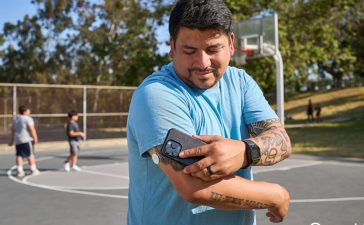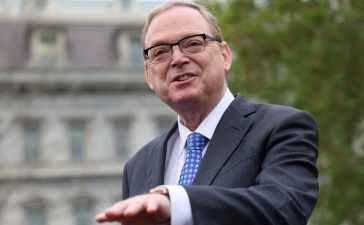
From Wednesday, women have started voting for the first time at a meeting of bishops in Rome, after Pope Francis approved changes to norms governing the Synod of Bishops, an advisory body to the pontiff. This is big deal, even for a religion that has been, of late, following the lead of changing social norms rather than attempting to have society stick to religious dogma on matters of everyday life and living.
On February 6, 2021, Pope Francis made Nathalie Becquart the first woman to have the right to vote in the synod by appointing her as the assembly’s undersecretary. Since then, 53 other women have joined Becquart in holding voting rights to decide matters that chart the future of the Catholic church. The three-week, in-camera meeting will see 365 votes being cast on matters as varied as the growing relevance of women in the church, blessing of gay couples and celibacy of priests. This push – controversial for many, glacial reform for many others – is in the right direction not only for the Catholic faith but also for religion as a societal system and, indeed, society as a whole.










